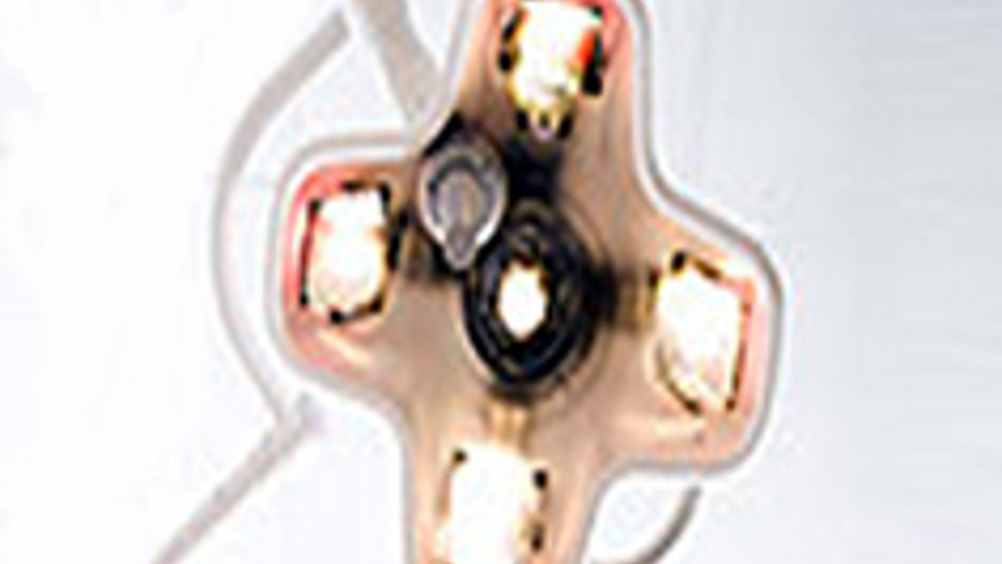Robotic system could improve keyhole bowel cancer surgery
A robotic system that promises to improve the quality of ’keyhole’ bowel cancer surgery is being put to the test for the first time.

The worldwide trial, led by researchers at Leeds University, will show whether robotic assistance makes it easier to remove bowel tumours using laparoscopic or ’keyhole’ techniques and whether using this approach makes the cancer less likely to reoccur.
The study will also show whether giving surgeons a robotic ’helping hand’ means that patients spend less time in hospital after keyhole bowel surgery and suffer fewer complications.
Many operations to remove bowel tumours can now be done using keyhole surgery, during which surgeons use special elongated instruments, inserted through small holes in the abdominal wall, to remove cancers. In the hands of an experienced surgeon, keyhole surgery is just as good as open surgery for curing bowel cancer. Patients who have their tumours removed via keyhole surgery also benefit from shorter hospital stays and faster recovery times.
However, removing a bowel cancer using keyhole surgery is a challenging procedure. Sometimes surgeons have to switch to open surgery mid-way through the operation and make a large cut in the patient’s stomach to get to the cancer.
Register now to continue reading
Thanks for visiting The Engineer. You’ve now reached your monthly limit of news stories. Register for free to unlock unlimited access to all of our news coverage, as well as premium content including opinion, in-depth features and special reports.
Benefits of registering
-
In-depth insights and coverage of key emerging trends
-
Unrestricted access to special reports throughout the year
-
Daily technology news delivered straight to your inbox










Water Sector Talent Exodus Could Cripple The Sector
Maybe if things are essential for the running of a country and we want to pay a fair price we should be running these utilities on a not for profit...